© Caledonian Park 2023
Privacy Policy Site by 18aFighting Apartheid & Racial Injustice: the story of 28 Penton Street
14th June 2021
By Caroline Kamana, Project Director, The Liliesleaf Trust UK
Islington has a rich history of collaborative action against injustice. When we show solidarity with each other, take action, fight injustice, listen, share resources and networks we create deeper and longer-lasting change than can often be created alone. The success of those who took action against apartheid, from within South Africa and across the globe, not least from within the borough of Islington, is testament to the power of collective activism and their legacy continues to inspire those fighting against racism and disenfranchisement today. One that, in a world still full of inequalities, the legacy remains critically relevant.
European colonisers arrived in South Africa in the 17th (from Holland) and 18th Centuries (from Britain). It wasn’t long before segregation by race was common place. In 1913, an act of parliament banned Black South Africans from owning land. The ‘apartheid era’ was defined by laws put in place by the Nationalist party, who governed South Africa from 1948 to 1994. Apartheid was a brutal, violent and deeply oppressive system of institutional racism which disempowered Black, Indian, Coloured* and mixed heritage people. Under apartheid Black South Africans could not vote, move freely without carrying ID and special passes (that linked them directly to White employers), strike, do skilled jobs, receive an adequate education or healthcare or choose where they wanted to live.
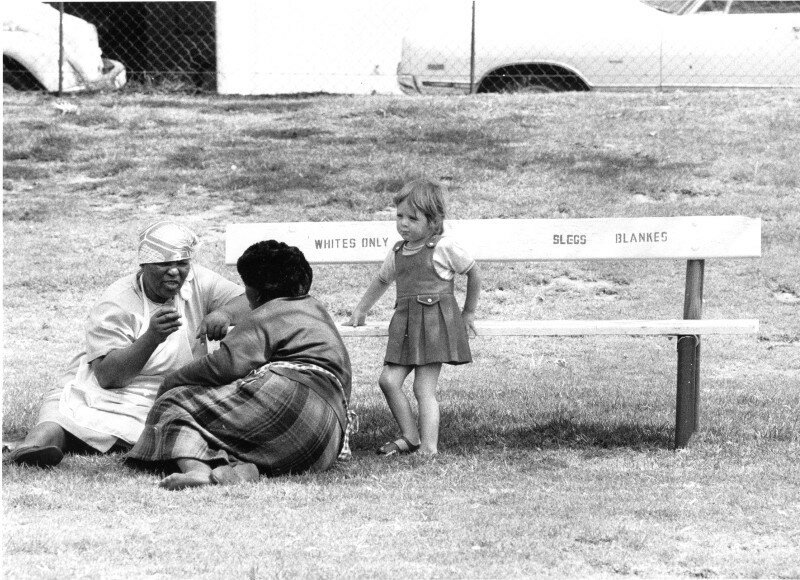
The struggle against apartheid was fought both within South Africa and internationally. With any opposition to apartheid outlawed in South African, following the state of emergency declared by the state in South Africa after the Sharpeville Massacre (1960), many people left South Africa as political exiles – to seek refuge as well as to use international platforms for advocacy and awareness building – with many settling in the UK. Unaffiliated individuals as well as members of organisations including the African National Congress (ANC), the Pan Africanist Congress, the South African Communist Party and the South African Indian Congress settled in London. Oliver Tambo, leader in exile for the ANC, spearheaded the international mission against apartheid. He and his wife Adelaide settled in Haringey. Many others came between 1960s and the late 1980s, with Islington settlers including Sylvester Stein, Norma and David Kitson and Ethel de Keyser. People across the borough of Islington took part in all kinds of activism against apartheid. This ranged from demonstrating outside companies that invested in South Africa and so supported the apartheid regime (such as Barclays Bank and Shell Oil), to leafleting shoppers outside supermarkets to encourage the boycott of South African goods. Four of the London Recruits (young people recruited to take part in reconnaissance missions and boost morale by to smuggle pro-ANC and anti-apartheid materials into South Africa) were from Islington.
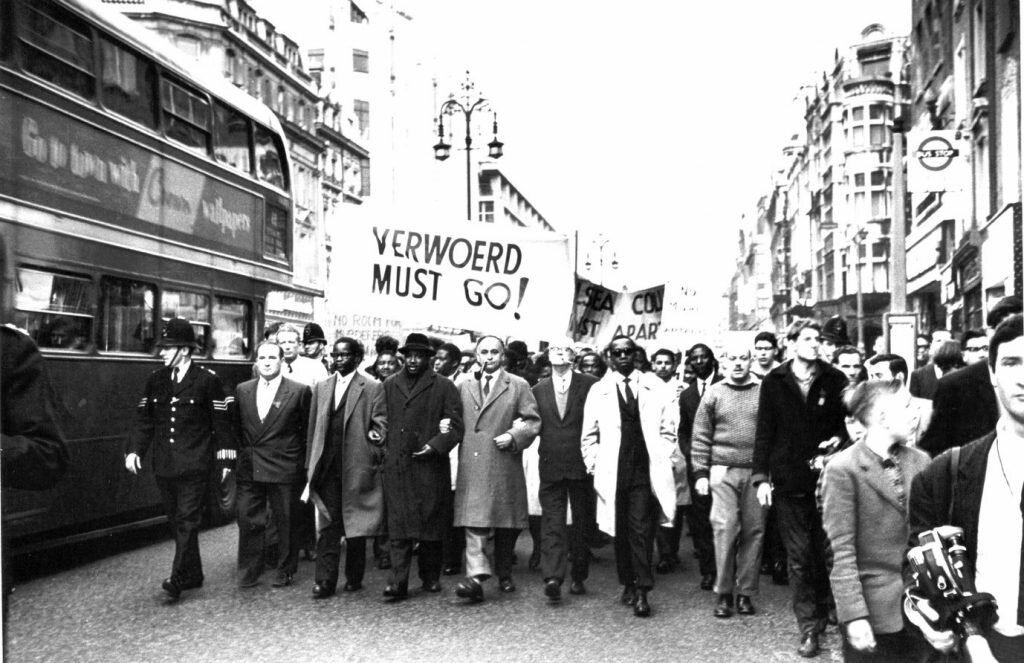
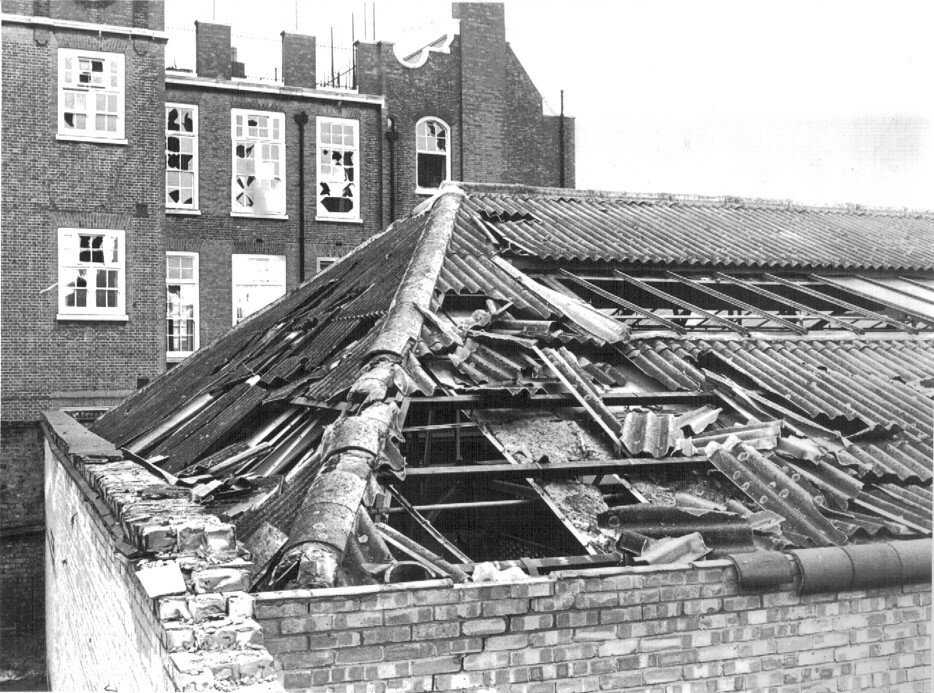
The ANC found offices in Rathbone Place (W1) and, from 1978 used a town house in Islington at Penton Street as their London HQ. It was here that international solidarity campaigns were coordinated, a weekly press digest sent out and a monthly magazine edited. (Image left, courtesy of Anti-Apartheid Movement Archives). The ANC worked with other liberation and anti-apartheid focused organisations, with 28 Penton Street being a hub for their collaborations.
In 1982 the building was bombed; it was the morning on which Oliver Tambo was due to address crowds in Trafalgar Square and he and other leaders in the struggle against apartheid were most likely expected to have been at Penton Street beforehand. Years later, South African security operatives admitted to the attack, giving evidence at the Truth and Reconciliation about its orchestration by the South Africa apartheid regime. They were granted amnesty. This act of terrorism on British soil was a sobering reminder of the violence that division breeds.
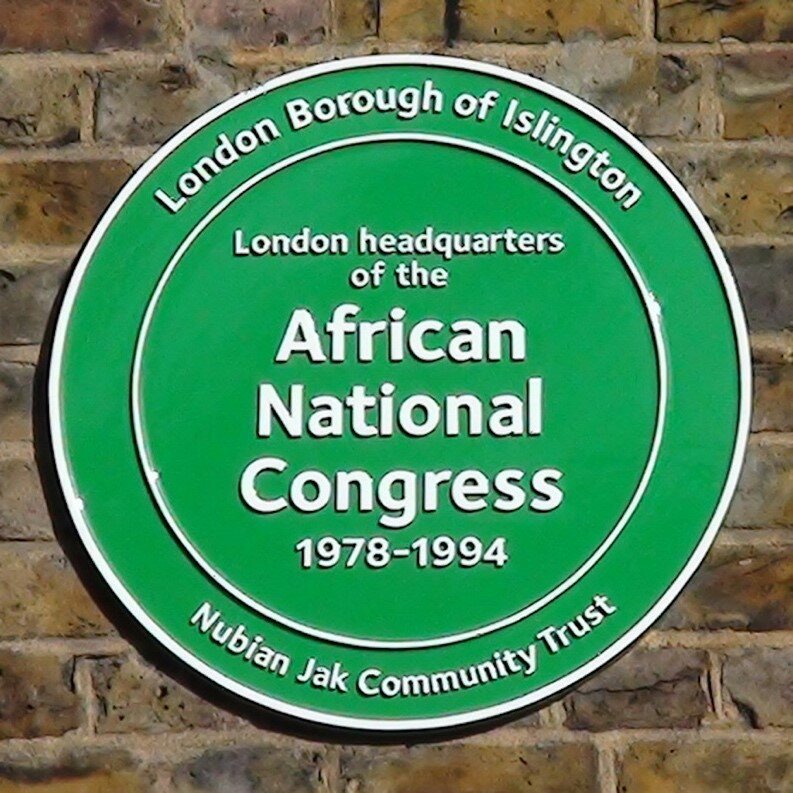
In 2010 Islington council in partnership with the Nubian Jak Community Trust, installed a green heritage plaque on the building, this formed part of the 20th anniversary celebrations of Mandela’s release from jail, to celebrate the ANC’s presence in Islington, to honour the work of movement against apartheid in the borough and the role played of its residents and workers who volunteered their time and efforts to help bring freedom and democracy to South Africa.
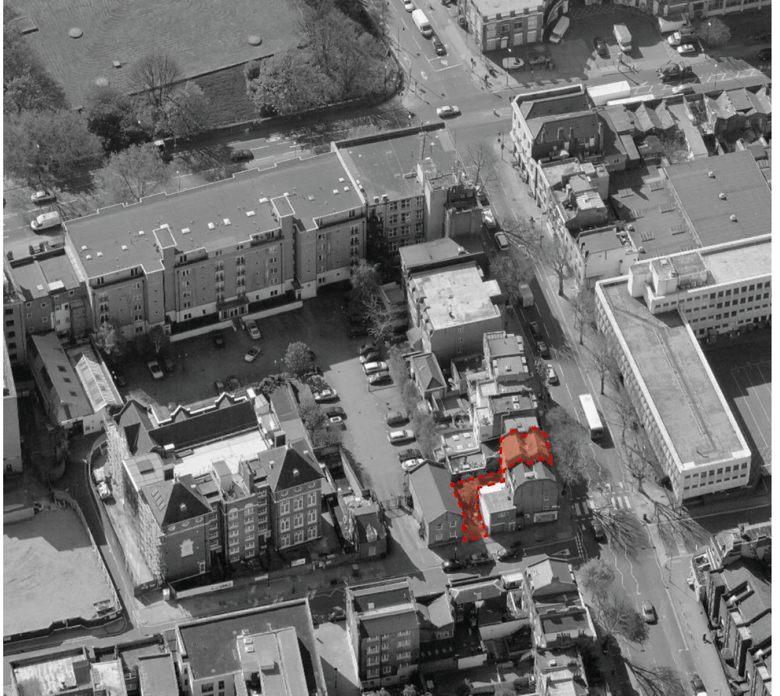
The Liliesleaf Trust UK (TLTU) was established as a charity in 2018, to advance public knowledge of the civic and political solidarity of international communities – particularly the British community, including South African and other political exiles to the UK – with the South African liberation struggle against the apartheid regime. We aim to encourage dialogue, reflection and positive contemporary action around the themes and values embedded in this globally significant history – social justice, reconciliation, inclusivity and equalities (particularly around race, economic injustice, rights of equal participation in political and civic systems) – while facilitating the sharing of culture and the arts.
TLTU are working to create a Centre of Memory and Learning at the former ANC London headquarters at 28 Penton Street, Islington dedicated to the heritage of the South African liberation struggle, international solidarity with the cause, and the UK’s central role (from a holistic perspective) within this world-changing history. The Centre’s educational and community engagement programme will scaffold contemporary discourse around social (in)justice, inclusion, racism and multi-racial collaboration for social transformation.
TLTU builds its programme in a context of significant global and, indeed national disquiet. At a time when the impacts of Covid-19 have exposed and intensified structural inequality between communities, when post-Brexit xenophobia is heightened and the need to state clearly that Black Lives Matter remains, particularly in the wake of the recent Sewell Report that distorts the cause and effect of racial disparity in the UK, learning from anti-apartheid heritage speaks more profoundly than ever to many of the most pressing social and racial equality issues of the contemporary moment. Unlocking an impactful programme that channels the legacy of one of the most powerful social movements of the 20th Century, the Centre of Memory and Learning will foreground an empowering, under-represented Black-led history, redressing longstanding imbalances in who UK heritage is made for and by.
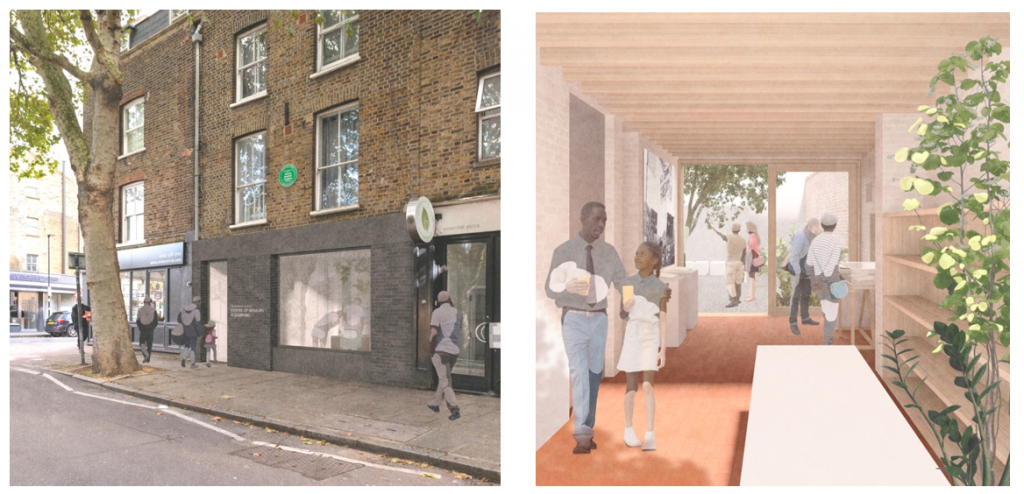
28 Penton Street is an historic site that embodies the solidarity between the people of Britain and international migrants who have sought refuge here:
When I first moved to London in 1991, I like many people who seek to make a home in the capital, sought somewhere that felt welcoming and where I could meet with those who shared values and aspirations. As an Algerian, immensely proud of the relationship that Nelson Mandela began with my country when he made his first international trip, I was drawn to the area where the ANC had settled in London and looked for a home near as possible to Penton Street. I have remained in Islington ever since and as the community gave me harbour then, I continue to support the area, listening to and advocating for its needs as local Councillor for the Barnsbury Ward of Islington. Cllr Mouna Hamitouche, MBE
CML will provide a tangible place of memory and engagement for anti-apartheid; housing exhibitions, skills development workshops, and community programming. Whilst we work to develop the Centre we offer talks, educational workshops and community engagement events, albeit on a much smaller scale than will be possible when the Centre opens. All programme is designed to promote collaboration between peoples and drive participation in society to effect transformation, equality and justice. It will offer first-time access to an inspiring socio-political resource for the people of London and across the UK, in particular British people of diverse ethnic heritage, South and other African diaspora communities and for those involved in (inter)national cultures of activism within the UK, especially those with equalities driven missions.
Planning to open in 2023 as the first UK venue dedicated to Anti-Apartheid heritage, The Centre of Memory and Learning will promote the legacy and values of the South African Liberation struggle and the UK’s central role within this world-changing history, whilst scaffolding contemporary discourse around social (in)justice, inclusion and multi-racial collaboration for social transformation.
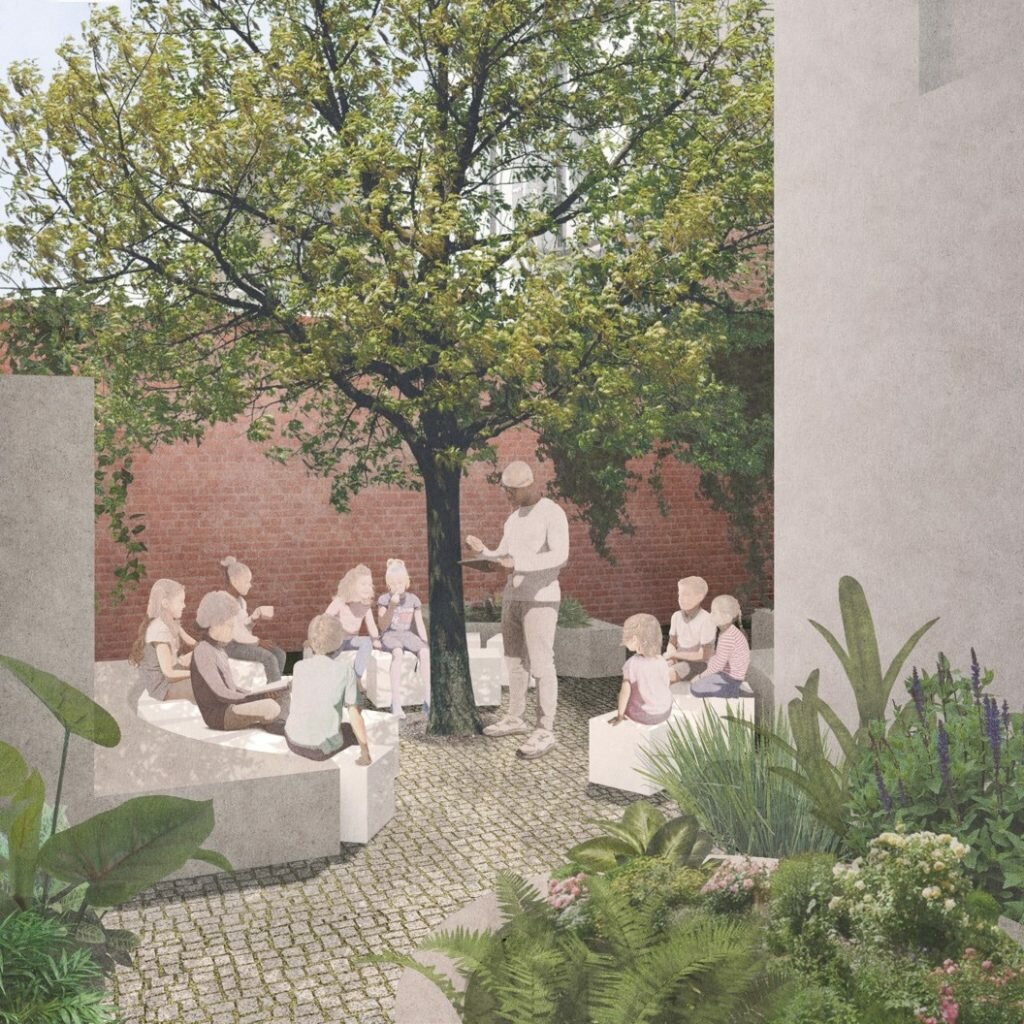
If you’d like to know more about the project, please email Caroline Kamana on [email protected] or follow them on Twitter, Instagram, Facebook and LinkedIn.
Caroline will be giving a talk as part of the Refugee Week 2021 collaboration between The Liliesleaf Trust UK and Caledonian Clock Tower on 15th June 2021. She will be talking more about 28 Penton Street’s heritage and about some of the people who ‘walked together’ – those South Africans who came in political exile, to seek refuge and/or advocate for change and British activists who collaborated – in Islington and beyond, to make change happen.
It is free and on zoom, to register visit Eventbrite
*Coloured people in South Africa have a specific multi-ethnic heritage (more than one, often more than two, ethnic ancestries including South Asian, East Asian, indigenous Black Southern African including Khoi or San, White and other Black African heritage). People of mixed Black and White heritage, whilst under apartheid would have been classified as Coloured, may not have and still do not necessarily self-identify as Coloured.
